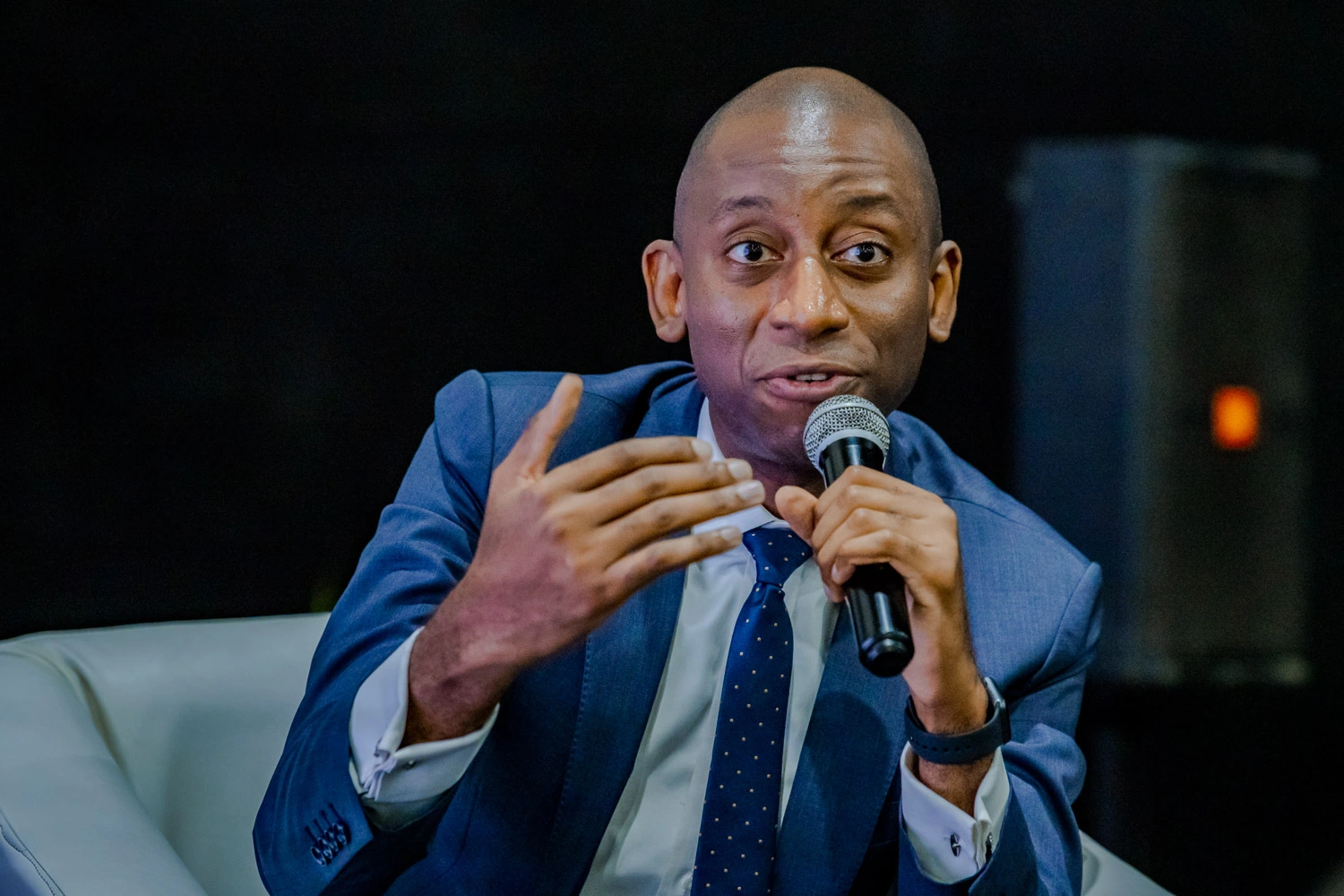Mercy, a final year Zoology student at the University of Jos and a UI/UX designer, spends her days taking design courses on Coursera. For her, every day is an opportunity to get her closer to her dreams of being a world-class UI/UX designer. She was set to graduate from university in 2021, but now, school is a blurry memory as she has moved on from studying animal skeletons to designing wireframes.
Mercy is not alone. Since the Academic Staff Union of Universities (ASUU) embarked on its latest strike in February 2022, students across different states and backgrounds have turned to the tech industry. One thing they have in common is that they’re all students of Nigerian public universities who do not have the luxury of waiting on the education system. Their hope in the promise of university education has now been replaced with deep doubt and indifference as they feel bound by a stagnant school system. Tech, for some, is the way out of this bondage.
Higher education in Nigeria is a mess from multiple angles. Millions of young Nigerians are unable to get into public universities as there simply isn’t enough room for everyone. For those who manage to get in, they struggle with poor learning equipment, inadequate course materials and often-stifling intellectual environments. To cap it off, academic staff in public universities are consistently going on strikes: this is the 16th strike in the past 23 years.
This current strike began on February 14, 2022, and ASUU’s demands include funding for the revitalisation of public universities, earned academic allowances, University Transparency Accountability Solution (UTAS), and promotion arrears. Six months and several negotiations later, The Nation Nigeria broke the latest update on the matter last week with a headline that read, “ASUU: now the real strike begins.” This week came with sadder news: the strike has been declared indefinite.
As 4-year courses take 8 years and Nigeria’s labour market remains stagnant, Nigerian students are seeking sustenance and career development elsewhere.
For many, this elsewhere is tech: one of the most financially rewarding knowledge-intensive industries with relatively low barriers to entry. The Nigerian tech ecosystem is growing steadily and public universities have consistently been a source of talent for the ecosystem and tech companies abroad. In 2021 alone, Nigeria churned out an estimated 5,000 new developers.
The increased global demand for remote tech talent, which was accelerated by the pandemic, makes jobs and career paths in tech even more attainable for students waiting in strike limbo. Basic knowledge of tech skills takes an average of about 4 months to learn, and this strike has afforded students ample time to earn basic certifications.
Ifeoluwa*, a 20-year-old student of employment relations and human resource management at the University of Lagos (UNILAG), spoke to TechCabal about how she turned to data analysis at the beginning of the ASUU strike.
“The ASUU strike influenced my decision to go into tech as I had more free time to do research and find opportunities. I tried quite a number of tech skills before choosing data analytics. That’s the beauty of tech skills: one can learn most of them without prior knowledge or experience,” she said.
She also spoke about how entering tech has shaped her thoughts about her future career trajectory.
“This period has definitely opened me up to the tech fields one can go into regardless of their major in the university. I will not limit myself. I am definitely open to a career change in the future,” she said.
Ibrahim, a 500-level student of Electrical Engineering at the University of Ilorin, is grateful for the strike as it has allowed him to focus on his dream career of being a web developer. Last year, his friend had encouraged him to pick up web development, and after tons of research on what it entailed and the opportunities it could offer, Ibrahim was convinced that it was the right path for him. He had struggled to balance this with the demanding schoolwork Engineering entailed, until the strike.
For 20-year-old Ashebi*, the incessant strikes have been instrumental as “recharge points” for her tech journey. She initially ventured into mobile app development in the 9-month strike that coincided with the pandemic lockdown in 2020. But for her, it is during this current strike that she really found her footing in tech, to the point of securing an internship at Invertase.
Undergraduates of striking universities are flooding to tech and recruiters are witnessing a strike-influenced surge of operators, but how long will this last? At some point, the strike is expected to be called off, and the strenuous lifestyle that comes with being a Nigerian student will resume across universities. What will then happen to all this tech talk?
For the students we spoke to, “aluta continua” is the way forward. The phrase, which translates to ‘the struggle continues,’ indicates that these young people are ready to combine their tech involvements with academics for as long as necessary.
Ashebi was quick to remind TechCabal that tech opportunities will not wait until she finishes her 5-year computer engineering course in Unilag. The opportunities will keep coming, and she wants to plug into them, whether she is a student or not. “I won’t be able to get these opportunities if I don’t continue to develop my skills while in school,” she said.
“If the ASUU strike is called off today, I would continue with my course of study, but my tech skills are not going on any break. I will make sure to keep on learning and practising my tech skills,” an anonymous UNILAG student said to TechCabal.
According to Busayo, a final year student of Law who currently works at a startup, her product management dreams have now displaced the law ambitions she entered university with. “My priority is my job. I don’t care about getting a first-class degree again, I just want to get this over with so I can focus on my career as a product manager.”
One common factor with nearly all students breaking into tech is that they have friends in the tech space who encourage them to join in. Community is crucial to the tech expansion currently going on, and soon enough, these students will be cheerleaders for other students on tech journeys. The deducible outcome of this is there will be even more students flocking to tech as they see their peers record growth and build solid careers for themselves.
Recruiters, on the other hand, are not often as confident about this flocking pattern. According to Abayomi Ishmael, a seasoned tech recruiter in Lagos, while students are very passionate and talented, companies take care to be realistic about where students are on their journeys.
“Because they’re students, we try not to put them in positions where they have to bear the brunt of responsibilities. We also ensure to not put them in sensitive positions because the strike can be called off at any time and they’ll have to return to their schoolwork, that way our workflow does not get disrupted.”
Perhaps, the silver lining of ASUU’s saga in Nigeria is its undeniable contribution to the country’s ever-expanding tech ecosystem. Nigerian students are leveraging the strike period to upskill and take roles at local and international tech firms. Tech conversations are also becoming mainstream in universities, threatening the predominant degree-before-career norm for young people. With the recorded successes of these pivoting students, could it be that all things are working together after all?




















